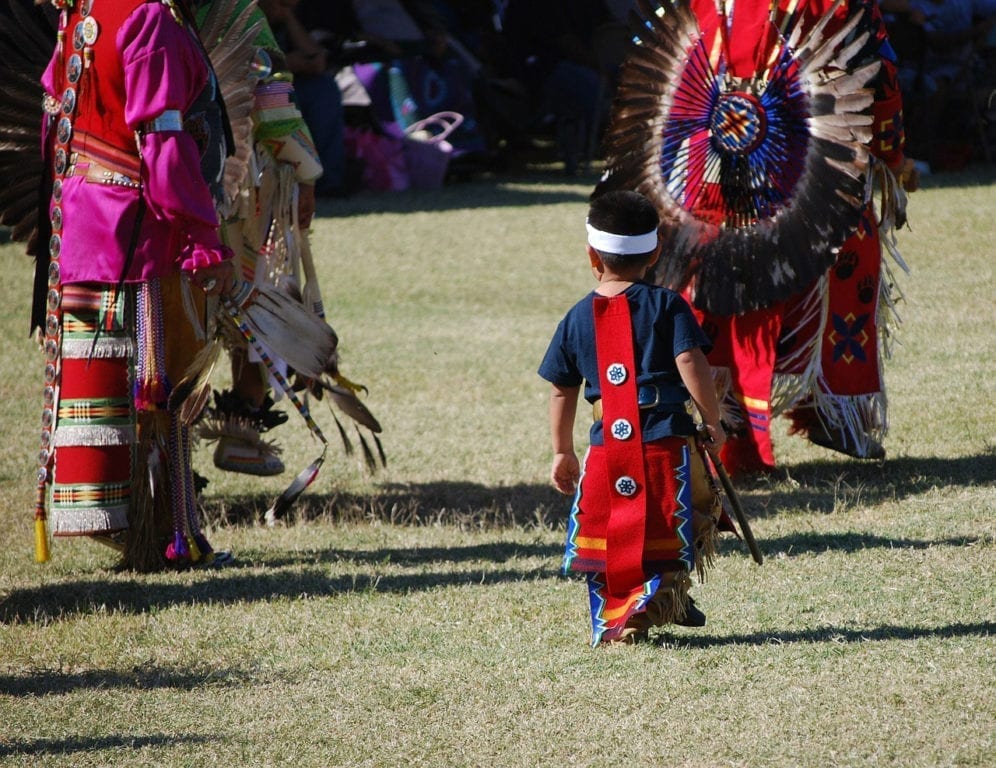This week, many cities and regions across the country acknowledged Indigenous Peoples’ Day, a day to remember and honor the histories and cultures of Native Americans. The treatment of Native Americans, who faced disease, colonization, and murder at the hands of European colonists, is one of the most disturbing chapters of American history. While many Native American communities continue to survive, many on reservation lands, these communities continue to face severe limitations in access to critical services, including health care. As a result, Native Americans continue to experience unequal treatment by the health system and worse health outcomes.
The Indian Health Service, which is a Federal Health Program specifically intended for Alaskan Natives and Native Americans, acknowledges the existence of these disparities. The cumulative impact of the lack of access that these communities have to health services is reflected in the reality that Native Americans have a life expectancy that is on average 5.5 years less than that of US population when taken as a whole. Such a significant difference can only be explained by the existence of systemic discrimination, which contributes to increased poverty rates and inadequate education. All of these factors have negative impacts on the health of Native Americans.
There are several health issues that affect Native Americans at elevated rates compared to the general population. These include chronic lower respiratory diseases, diabetes, and chronic liver diseases and cirrhosis. They are also at greater risk of unintentional injuries, homicide, and self-harm/suicide.
There are also certain rare genetic conditions that tend to affect Native Americans at a greater rate or are even exclusive to them. An example is the genetic disorder Native American myopathy. This rare illness inflicts a number of severe symptoms, such as cleft palate, muscle weakness, arthrogryposis, short stature, vulnerability to malignant hyperthermia during anesthesia, and kyphoscoliosis. This illness is reported to affect members of the Lumbee tribe of North Carolina. Any isolated or insular people group may be at an elevated risk of certain genetic disorders. Read more about this disease here.
The hardships faced by indigenous peoples in the US are not just a tragedy of history; they are a present day reality. Improving access to effective health services and treatment for Native Americans is an urgent problem that must be addressed promptly.






